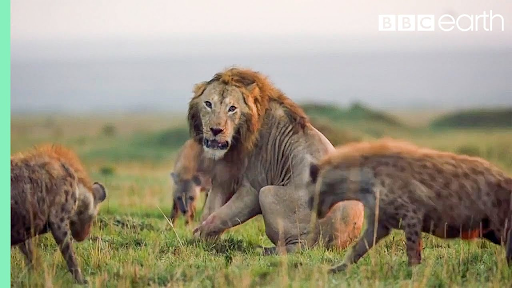Natural history has provided us with awe-inspiring discoveries that have changed the way we view our planet and its life forms. From groundbreaking fossil discoveries to astounding scientific breakthroughs, these moments have not only advanced the field of biology but also enriched our appreciation for the complexity and beauty of life on Earth. Here are ten key moments in natural history that have left an indelible mark on science and society.
The Discovery of the Dinosaur Fossils (1820s)
In the early 19th century, the first dinosaur fossils were uncovered, challenging long-held ideas about the history of life on Earth. The work of paleontologists like Mary Anning and Richard Owen laid the foundation for the field of paleontology and transformed our understanding of prehistoric life.Charles Darwin's Theory of Evolution (1859)
Darwin's On the Origin of Species revolutionized biology by proposing that species evolve over time through natural selection. His work remains one of the most important contributions to our understanding of life’s diversity and adaptability.The Discovery of the DNA Double Helix (1953)
James Watson, Francis Crick, and Rosalind Franklin's discovery of the DNA structure unveiled the molecular foundation of heredity, giving rise to the field of genetics and changing our understanding of life at the cellular level.The Formation of the Grand Canyon (Over 5 million years ago)
The Grand Canyon's geological formation reveals vast stories of Earth's history, showcasing erosion's power and the passage of time.The Exploration of the Amazon Rainforest (Late 20th Century)
The Amazon remains one of the world's most biodiverse ecosystems. Discoveries of new species continue to shape our understanding of Earth's biodiversity.The Advent of Environmental Awareness (1960s)
Environmental movements, sparked by works like Rachel Carson's Silent Spring, led to a broader awareness of the ecological crises facing the planet.The Discovery of Australopithecus (1924)
The fossil of a hominid ancestor found in South Africa changed the narrative about human evolution and sparked a new field of study in anthropology.The Unveiling of the Ice Age (Late 1800s)
The realization that Earth had once been covered in ice profoundly shifted the understanding of Earth's climatic history.The First Human to Walk on the Moon (1969)
Though not strictly a natural history event, the moon landing opened up new perspectives on the Earth as a living, fragile planet floating in space.The Unraveling of Climate Change (21st Century)
Modern research on climate change has sparked a global conversation about the role of human activity in altering Earth's environment, highlighting the urgency of conservation.
These landmark moments, spanning centuries of discovery, continue to shape how we perceive life on Earth and our place within the natural world.
